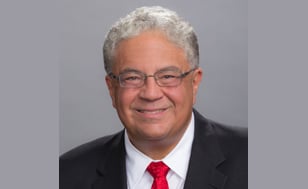On June 16, the U.S. Supreme Court issued a unanimous decision in the Medicaid case Universal Health Services v. United States ex rel. Escobar, 579 U.S. 15-7 (2016), endorsing an expanded version of the “implied certification” theory as a basis for liability under the federal False Claims Act (FCA), but adopting a rigorous “materiality” standard for determining liability in such cases.
In its opinion, authored by Justice Clarence Thomas, the court confirmed that the “implied false certification” theory can, in fact, be a basis for liability, resolving a circuit split about the theory’s viability. Specifically, the court refined the theory and identified two preconditions for its application where a material omission on a claim for payment may give rise to liability. First, when a provider submits a claim for government payment, the claim must not “merely request payment;” it must also “make specific representations about the nature of the goods or services provided.” Second, the provider’s “failure to disclose noncompliance with material statutory, regulatory, or contractual requirements” must make those representations ”misleading half-truths.”
This content has been archived. It is available through our partners, LexisNexis® and Bloomberg Law.
To view this content, please continue to their sites.
Not a Lexis Subscriber?
Subscribe Now
Not a Bloomberg Law Subscriber?
Subscribe Now
LexisNexis® and Bloomberg Law are third party online distributors of the broad collection of current and archived versions of ALM's legal news publications. LexisNexis® and Bloomberg Law customers are able to access and use ALM's content, including content from the National Law Journal, The American Lawyer, Legaltech News, The New York Law Journal, and Corporate Counsel, as well as other sources of legal information.
For questions call 1-877-256-2472 or contact us at [email protected]



